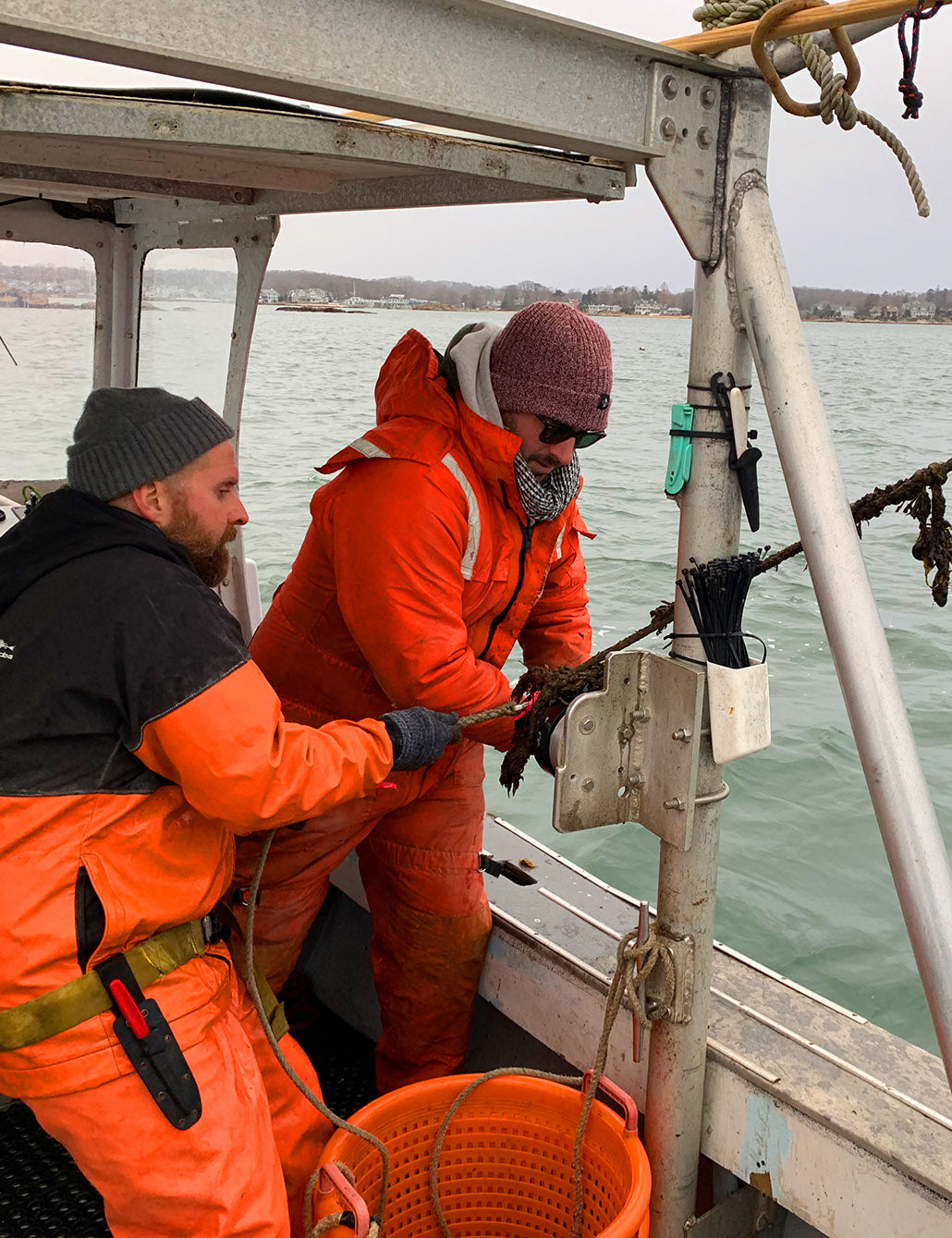You’ve probably noticed the letters “CRV” next to “5¢” on your bottles and cans. That’s the California Redemption Value, which tells you that you will be paid 5 cents if you bring it to a redemption center. It has a simple process: feed your empty containers into a bottle/can recycling machine and receive a voucher for its value. Unfortunately, the largest recycling redemption company in California just closed all of their locations, so it’s getting harder and harder to recycle around here. It will now take me an hour of driving to recycle my containers in an area where I have no other reason to go.
Other countries, however, are making huge innovations in recycling, and are focusing on increasing recycling opportunities where people are already commuting. In 2012, China launched a pilot program in their capital city, Beijing. They installed recycling machines in their subway, and any time a commuter fed a recyclable container into the machine, they would receive a credit on their travel card. If people collected just 20 bottles, they would have enough credits for a free ride.
The success of Beijing’s trial prompted other countries to launch similar programs. Australia started installing machines to recycle plastic and aluminum in 2017, which offer a wide variety of rewards from fast food, to concert tickets, to airline miles (We really like that last one. Paying for air travel by recycling is a great way to reduce the massive carbon footprint that planes produce).
Last year, Istanbul, the capital city of Turkey, just installed 25 smart recycling machines that have the ability to sort, crush, shred, and store plastic that can then be taken out of the machine and recycled. Like in Beijing, people who deposit a container will receive a credit that can be used for public transportation. In Italy, the city of Rome is also trying the machines out, and if they are successful after a year, they will be expanded.

Recycling machines in an Istanbul subway station
The idea feels (and looks) like a futuristic, eco-friendly bartering system that you might expect from a Star Wars or Blade Runner movie. But in truth, it’s a great way to break past the unfortunate reality of recycling—a lot of people simply don’t do it.
For some, this raises the question: why do people need external motivation to recycle? Isn’t the threat of a planet covered in plastic and marine life choking on plastic enough of a reason to separate waste?
It’s an interesting question, and the answer is more complicated than you might expect. For many of us—especially in California, where easy-to-use recycling institutions have been in place—it can be difficult to imagine why people wouldn’t recycle. It’s so simple, right?

This picture is enough to make us recycle, but some people need extra encouragement
Not always, and the reasons vary. In 2011, Ipsos Public Affairs conducted a survey of the psychology behind why people don’t recycle. Using their data, The Huffington Post identified three types of non-recyclers: people who don’t have time, people who are confused by the systems in place, and people who don’t see the benefits of regular recycling.
For each of these types, poor recycling habits stem from a system that’s failed them: if it takes too much time, then it’s probable that there isn’t an easy, effective way to recycle; if the methods available to recycle are unclear, then there might be a confusing system in place; if they deny or are unaware of why recycling is important, than perhaps there isn’t a clear incentive available.
From the same article, Brian Iacoviello, a professor at the Icahn School of Medicine, says, “Recycling is a behavior. Much like exercising or eating healthily, people often engage in this behavior less than they should.”
And of course, everyone ‘should’ recycle regularly. When done correctly, recycling saves energy and material costs, reduces landfill waste, and keeps harmful materials out of the oceans. Correctly is the key word there, and the City of San Diego has published a convenient, simple guide for recycling at home. The problem is that a lot of people never see these benefits directly, so they have the misguided belief that recycling doesn’t do anything.

Click here for an expanded version of the San Diego recycling guide
This is why other countries' methods of providing an immediate advantage to recycling—credits for public transportation—are genius: they address every single one of the main reasons behind why people don’t recycle. For those who don’t see the benefit, these recycling machines provide an immediate, tangible reward. They also provide an incredibly convenient location for recycling, eliminating the need to go out of your way to find a redemption center. Additionally, the simplicity of these machines helps to eliminate confusion over what can and cannot be recycled.
We would love to see these machines in the United States. Recycling machines that collect, sort, and grind plastic could be placed at Sprinter stations and bus stops to expand our access to public transportation while reducing our waste. But our recycling problems are going to need a lot more work to fix.
Until recently, much of our recycled material was shipped overseas to China, where it was sorted, processed, and reused for other goods. Last year, Vox reported that they stopped accepting our shipments of these materials, and we haven’t been able to find a replacement. We have so much plastic with no way to use it that in a lot of cities, everything that goes into our recycling bins is finding its way into a landfill, regardless of whether it could be used. We have a crisis on our hands, and as Vox states, the s*** has already hit the fan.

When there's lots of waste with no way to recycle, it never ends well
So it’s great news that companies in the United States are trying to innovate recycling solutions for our new problems. For example, IBM is developing a recycling method called VolCat, which takes ground up recyclables and separates usable material from contaminates, without the need to sort or clean them first. Plastics that are fed into the machine will emerge as a white powder that can be immediately turned into new plastics without additional processing.
Other countries have also been affected by China’s new policy, so the push for new recycling technology has been happening around the world. In Australia, for example, hundreds of miles of road are being built with Reconophalt, a new road construction material made by melting recyclable plastic and toner cartridges to act as a glue to hold the asphalt together. In addition to finding a use for materials that would have ended up in a landfill like finely ground glass, Reconophalt is more resistant to heat and cold and releases fewer organic particles over time compared to traditional asphalt. Our recycling crisis is severe, but we’re pretty optimistic about our future after seeing innovations like these.
While we wait for these technologies to hit the market, we should all be trying to reduce our waste and reuse what we already have. You can start a compost bin, buy reusable instead of disposable items, and find a way to repurpose plastic bags to start. Every action towards a sustainable future is important, no matter how small it seems.








